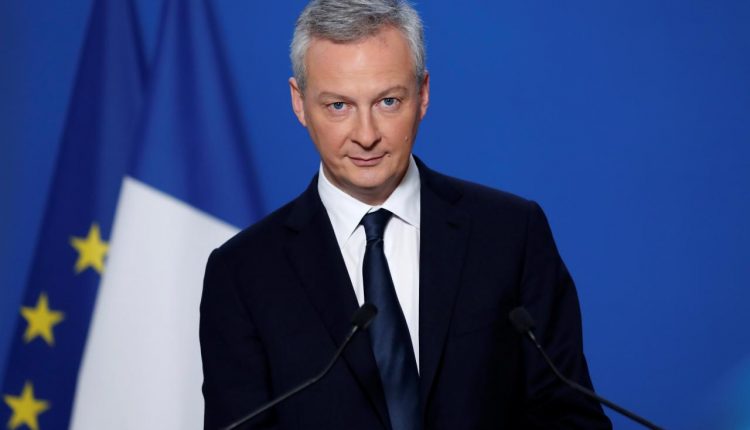France’s Le Maire: Russian oil price cap demands global commitment
French Finance Minister Bruno Le Maire stated on Saturday that efforts by G-7 nations to put a price cap on Russian oil would require commitment from the wider international community to be successful.
“We had agreed on a plan to impose a set price on Russian oil.” The G-7 economic powers announced on Friday.
This initiative is the latest attempt to enforce economic pressure on Russia’s war. No matter the cutting Russia’s oil revenues, Le Maire pointed that the policy should be implemented as a “global measure against war.” Russia’s oil considered a key source of funding for President Vladimir Putin’s war chest.
“You need an outreach because we don’t want this measure to be only a Western measure,” Le Maire told CNBC at the Ambrosetti Forum in Italy.
“It should not be a Western measure against Russia, it should be a global measure against war,” he confirmed.
The G-7 is yet to finalize how the price cap will be applied, a process that Le Maire approved will be “quite difficult.” The G-7 consists of the U.S., Canada, France, Germany, the U.K., Italy and Japan. However, it could be ready before the beginning of December when EU sanctions on seaborne imports of Russian crude take effect.
“We know that we need the unity from all the 27 member states if you want to get the green light for introducing that cap.” he stated, referring to the EU bloc of nations, a non-enumerated member of the G-7.
Moreover, Le Maire took about the policy would require participation by other major global economies. This came during comments from Kadri Simson, the EU’s energy chief, who urged involvement from China and India. China and India have increased their purchases of Russian oil this year, benefiting from discounted rates.
“If we want to be efficient in these sanctions, we need to reduce the revenues that Russia is gaining from oil and gas selling,” Le Maire added.
Russia has formerly stated it will not sell oil to countries that assess a price limit. Russian Gazprom said, after the G-7′s announcement on Friday, that it would not restart gas flows via the Nord Stream 1 pipeline due to technical issues. It came after gas supplies were already cut off last week for a planned “maintenance outage” that was expected to last until Sept. 3.
The bloc was ready to react to Russia’s decision to stop gas supplies to the region, according to the EU’s economics commissioner Paolo Gentiloni’s statement on Saturday.
Separately that Europe’s steadfast opposition to Russia, namely via economic sanctions and international diplomacy, was evidence of the region’s rising status as a “third global superpower”, according to Le Maire.
“Things are radically changing. Europe is becoming a superpower, not only from an economic point of view but also a political point of view,” Le Maire declared.
“I really think that we are moving on the right direction to have Europe playing a part in the 21st century between China and the United States,” he concluded.


